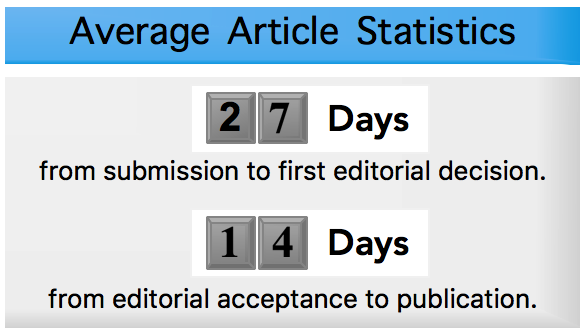Downloads
Abstract
In the maritime industry, propellers are propulsive devices and play an important role in the performance of a ship. The hydrodynamic attributes of a propeller are described in terms of some dimensionless coefficients, such as thrust coefficient (KT), torque coefficient (KQ), and efficiency (η). However, it is arduous and usually expensive to determine the characteristics of a full-size propeller in open water condition tests. Thus, we need to look for another approach to analyze propeller characteristics. Nowadays, computational simulation has given us a powerful and efficient method to evaluate the performance of a propeller without consuming too many resources. In the scope of this paper, we shall evaluate the compatibility of using the k-epsilon turbulence model in Computational Fluid Dynamics (CFD) to analyze propeller performance, especially for the Wageningen B-Series propellers. For the validation of results, the numerical solutions will be compared with experimental data taken from the Netherlands Ship Model Basin open-water test in Wageningen. The goal of the research is to provide a well-founded framework for applying CFD in analysis and selection of Wageningen B-Series propeller, as well as other well-known propeller series.
Issue: Vol 1 No 1 (2018)
Page No.: 35-42
Published: Aug 1, 2019
Section: Research article
DOI: https://doi.org/10.15419/stdjet.v1i1.526
Download PDF = 1245 times
Total = 1245 times

 Open Access
Open Access 








